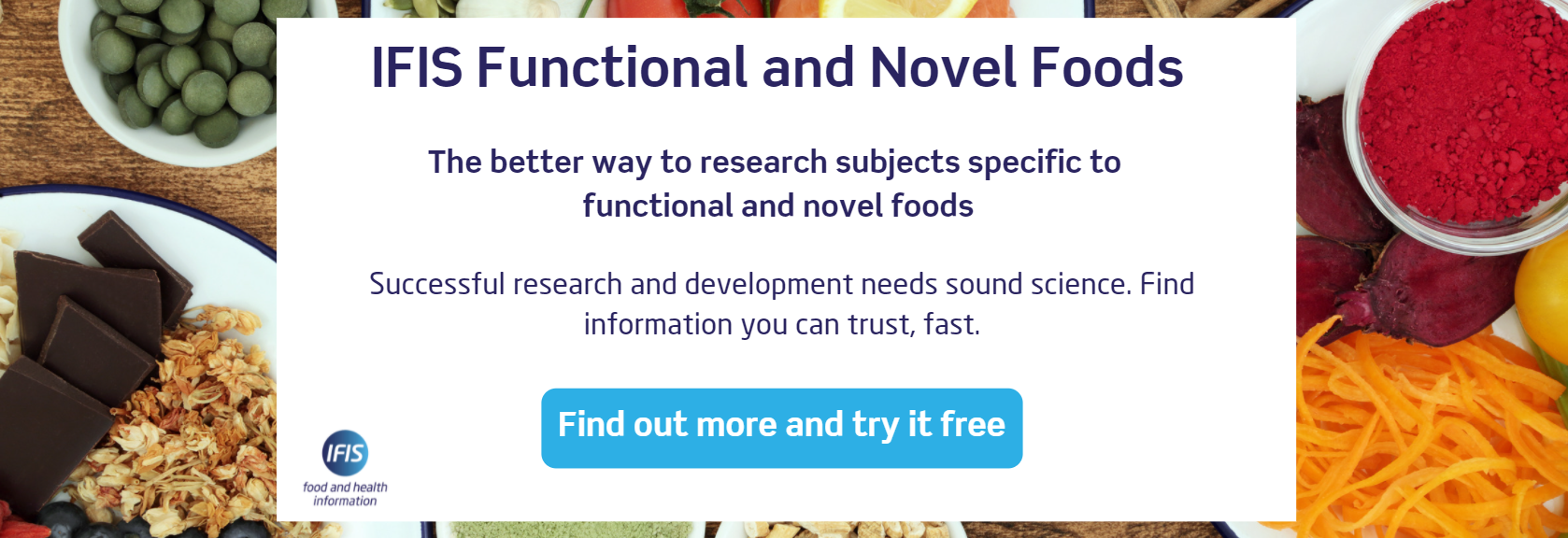Food science and technology scientists and researchers first identified the benefits of long-chain omega-3 fatty acids – specifically DHA and EPA – in the 1970s when they studied Greenland Inuit people who consumed large amounts of fat, predominantly from meat, but displayed few signs of cardiovascular heart disease (CHD).
The scientists discovered the high level of omega-3 fatty acids in their diet reduced triglycerides, heart rate, blood pressure, and atherosclerosis.
This and numerous other research projects led to the FDA’s qualified health claim for EPA and DHA omega-3 fatty acids:
‘Supportive but not conclusive research shows that consumption of EPA and DHA omega-3 fatty acids may reduce the risk of coronary heart disease. One serving of [name of food] provides [x] grams of EPA and DHA omega-3 fatty acids.’
Many researchers believe omega-3 fatty acids found in oily fish, such as salmon, herring, sardines and anchovies, and also in eggs, meat, milk and cheese have a beneficial effect in people with pre-existing CHD. One serving of fish weekly may decrease the risk of fatal CHD by approximately 40%.
For the general healthy population, two 115g servings of fish high in DHA and EPA per week are recommended as part of a healthful diet.
To this day omega-3 fatty acids continue to be one of the most thoroughly researched functional food ingredients. Not only are they considered important in heart health, but numerous other health benefits are being revealed in ongoing research. For instance:
- A diet rich in omega-3 fatty acids may boost the protective effects of the breast cancer drug tamoxifen, according to new research presented at the American Association of Cancer Research (AACR) 102nd Annual Meeting 2011.
- Consuming a daily diet rich in foods that contain omega-3 fatty acids may help reduce the severity of brain damage by 25% after a stroke, claimed a study published in the journal Stroke.
- Increasing daily consumption of omega-3 fatty acids reduces inflammation and anxiety in healthy young adults, according to a study published in the journal Brain, Behavior, and Immunity.
It should not come as a surprise, therefore, that according to Packaged Facts’ ‘Omega-3: Global Product Trends and Opportunities’ report, global consumer spending on omega-3 food and beverage products (excluding fish), health- and beauty-care products (including supplements), and pet products reached $13/£8.5 billion in 2011.
However, in the British Medical Journal article ‘Risks and benefits of omega 3 fats for mortality, cardiovascular disease and cancer: systematic review’, Hooper et al argue:
‘According to the evidence we have so far, omega-3 does not seem to help for cancer prevention or treatment; with children's learning or behaviour; with cognitive function; or in preventing cognitive decline with age or mental health problems, including bipolar disease, schizophrenia.’
This begs the question, if so many of the claims are just amplified hype, how did it get to that stage? Why are so many benefits attributed to omega-3?
The promotion and clamor for omega-3 may well betray our herd instinct, i.e. how, as a group, we – food researchers, scientists, producers, and consumers alike – can sometimes get overexcited about certain foods and their benefits.
(Image Credit: Sebastian Coman via Unsplash)


